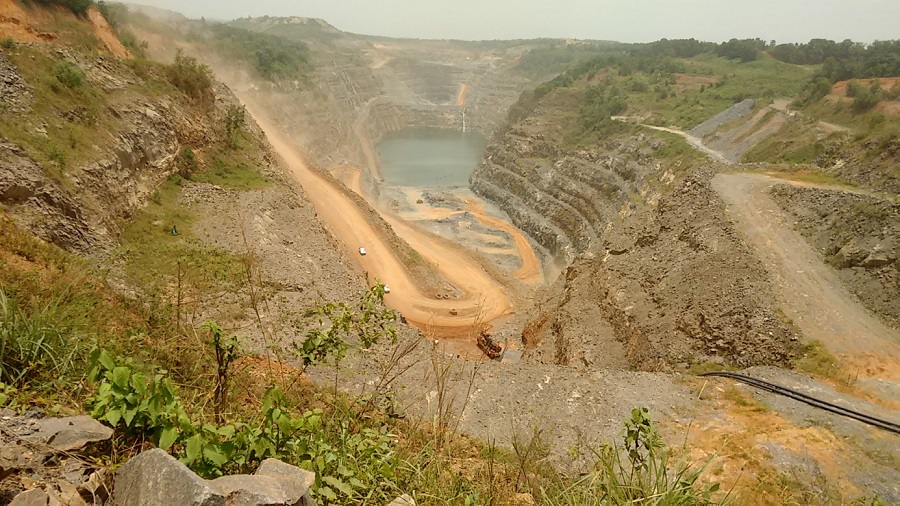Gold Fields’ quarterly output falls, South Deep woes rumble on

South Africa’s Gold Fields reported lower production for the March quarter and flagged more challenges at its problematic South Deep mine on Wednesday, sending its share price sharply lower.
South Deep, the company’s last South African asset, has faced numerous operational obstacles in a tough geological setting 3 km (2 miles) below the surface and made a loss of 337.6 million rand ($27 million) in 2017.
The company’s “problem child”, which straddles a massive ore body west of Johannesburg, is a mechanised mine that has continuously missed targets and Chief Executive Nick Holland said in February the company would consider unspecified “alternatives” if losses were not stemmed.
Gold production for the group slipped to 490,000 ounces for the March quarter compared to 497,000 ounces last year, the company said in an operational update.
“South Deep had a tough start to 2018, with production in Q1 2018 4 percent higher Y-o-Y but 41 percent lower (from the previous quarter) at 48,000 ounces,” the company said.
Seasonal holidays and labour restructuring had an impact and output was also curtailed by a change in shift arrangements which was supposed to lift productivity but appears initially to have had the opposite effect.
“Although necessary to create a platform for sustainable and consistent performance, these changes have inevitably created workforce uncertainty and a disruption of operations,” the company said. Geological faults and poor ground conditions also impeded operations.
“We do not expect the production guidance provided at the start of the year (321 ounces) to be achieved and we are currently forecasting production of 244 ounces for the year,” Gold Fields said about South Deep’s outlook.
Gold Fields also said South Deep had concluded a three-year wage agreement with organised labour for average annual increases of 7.3 percent. Inflation is currently 3.8 percent.
The company’s share price was 5.20 percent lower at 0800 GMT compared to a 2.4 percent fall for Johannesburg’s Gold Mining Index. ($1 = 12.3968 rand) (By Ed Stoddard | Editing by Elaine Hardcastle)
{{ commodity.name }}
{{ post.title }}
{{ post.date }}




Comments